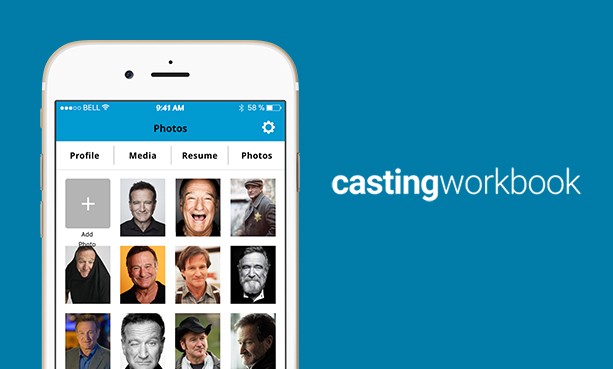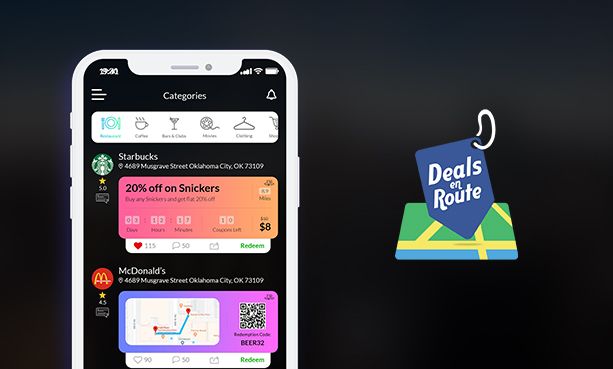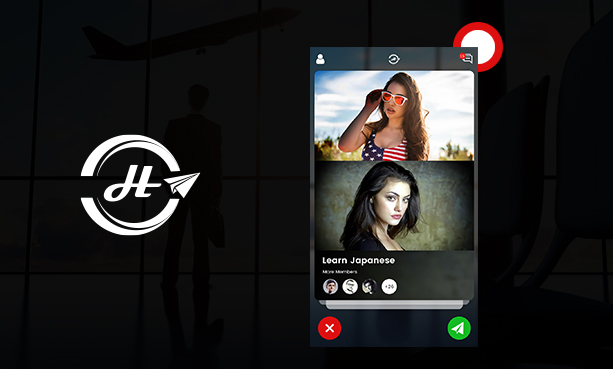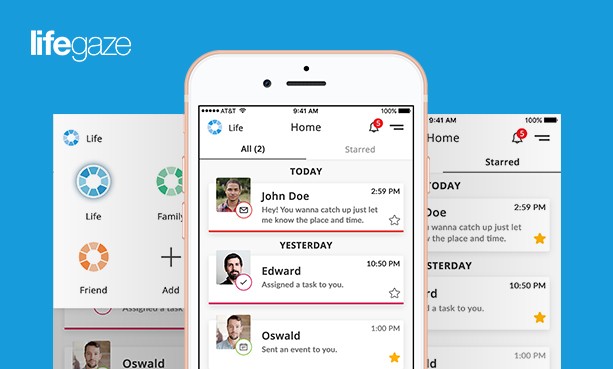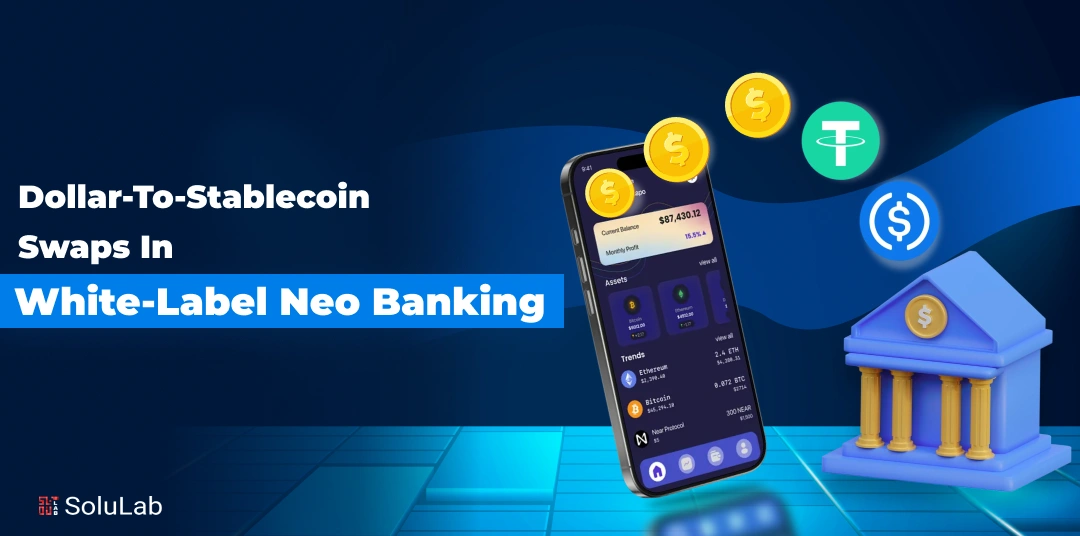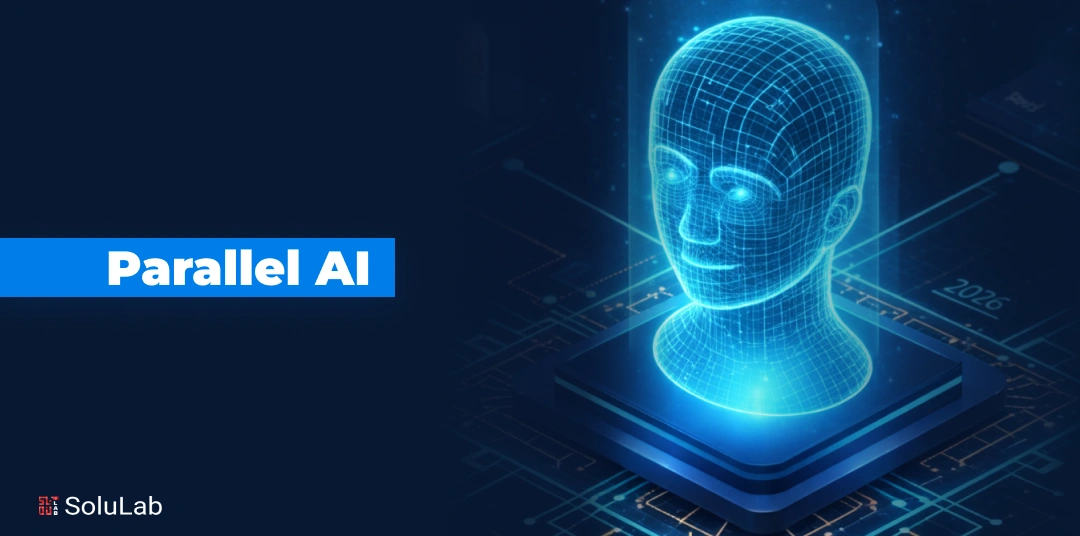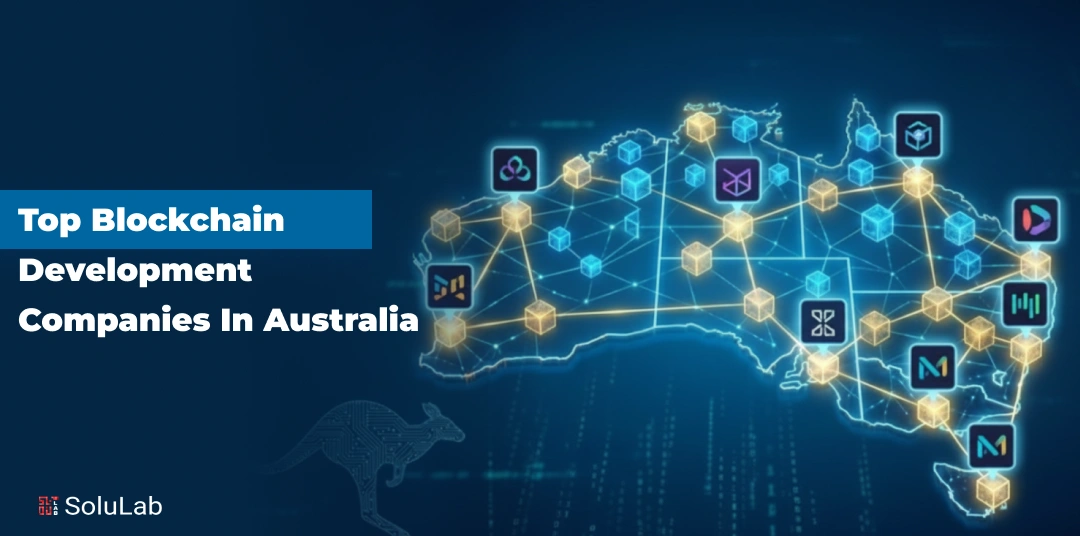Why Prefer Blockchain Development for Retail?
Enterprise Blockchain Development, due to its decentralized nature, allows you to manage your supply chain and inventory at all times. It enables to receive payments and deliver products to the customers at the right time and right place. Blockchain provides proof of authenticity, proof of delivery and supply chain transparency. Proof of authenticity helps retail business to validate owners of the business and authenticate the originality of the product to eradicate fake products. Proof of delivery ensures that customers receive real-time delivery status at all times. Supply chain transparency reduces the discrepancies between sellers and vendors making sure that there is no product with long shelf life. Adoption of blockchain in retail and manufacturing can reduce the number of fake goods, ship products with an immutable warranty and insurance policies, and provide instant logistical support.
Blockchain Business Models for Retail
Types of Blockchain
Blockchain Development Services for Retail Sector
-
Automate Retail Services
Automatically receive customer data to customize products -
Manage Inventory
Analyze inventory 24X7 to eliminate long shelved products -
Development of Smart Contracts
Enhance accountability of suppliers to receive products without delay -
Development of HOT Wallets
Provide users with multiple payment options using cryptocurrency -
Development of KYC
Authenticate and validate the credibility of your customer -
Digital Marketing using Blockchain
Go from local to global markets quickly by directly connecting with customers -
Retail Authenticity Certification
Verify the authenticity and credibility of retail outlets to enhance customer trust -
Real-time Supply Chain Tracking
Track orders placed in real-time and be informed of order status 24X7 -
Creation of Loyalty Smart Programs
Analyze your customers and identify loyal customers to provide special benefits
Here’s Why You Should Hire SoluLab for Blockchain in Retail
Technology and Tools We Use

Ethereum
Enables developers to build and deploy decentralized applications
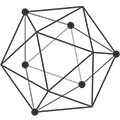
Hyperledger
A shared ledger that utilizes cryptography and supports smart contracts
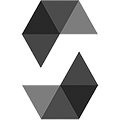
Solidity
A statically-typed programming language designed for developing smart contracts

Truffle
Act as a developer environment and testing framework for blockchain technology

R3 Corda
Open source blockchain designed specifically to meet the demands of modern day businesses

Ripple
Provides one frictionless experience for sending and receiving money globally

Quorum
Platform that addresses specific challenges to blockchain technology adoption within the financial industry and beyond

IOTA
Open-source distributed ledger built to power the Machine Economy through fee-less micro-transactions and data integrity
FAQs
Yes, we do sign NDA to avoid breach of privacy and security.
Blockchain applications in retail will provide four major benefits: lower costs, efficient payments, improved transparency, and enhanced security. These will be attained through the use of various core technologies that will work in tandem and/or alongside one another. Cryptocurrencies, distributed ledgers, and smart business deals will significantly accelerate the completion of transactions and deals, eliminating massive layers of bureaucracy and lowering expenses.
It’s not easy to respond to this question right away. Because blockchain and cryptocurrencies are still in their infancy, it is difficult to find the proper people who can produce the end result on time. Codementor.io claims that the developers charge two types of hourly rates: average and median:
– Hourly rates range from $81 to $100 on average.
– Hourly rates range from $61 to $80 on average.
Retailers benefit from blockchain technology in four ways: lower costs, quicker payments, increased transparency, and improved security. Costs are lowered as a result of the decentralized nature of transaction automation and application interoperability, which results in the eradication of administration. Rapid payments are possible because blockchains do not require a centralized infrastructure. No system is immune to external breaches of its security standards; but, blockchain’s distributed nature gives an unprecedented level of confidence. Transparency is provided through blockchain’s immutability and public availability.
A retail blockchain is a universal word for unsettling technology used in the retail sector to store digital businesses cryptographically on a distributed ledger. A blockchain is a distributed database that is shared among computer network nodes. Blockchains are well known for their critical function in cryptocurrency systems such as Bitcoin in keeping a secure and decentralized record of transactions. The blockchain’s innovation is that it ensures the accuracy and security of a data record.
Work speaks louder than words
What our client says

Based on what I’ve seen from our beta tests, the site is quite stable.

They manifested our concepts and were quite responsive.

They’re very agile and able to use the technology you need to solve the problem, not the other way around.
Our recent posts
Why Dollar-to-Stablecoin Swaps Are Becoming a Must-Have Feature in White-Label Neo Banking?
Dollar-to-stablecoin swaps help neo banks enable faster, global transactions. Learn why this is essential for white-label banking platforms.
10 Ways Parallel AI Will Transform Business Operations in 2026
Explore 10 ways Parallel AI will transform business operations in 2026, boosting speed, automation, decision-making, and overall growth.
Top 10 Blockchain Development Companies in Australia [2026]
Explore the top 10 blockchain development companies in Australia for 2026. Compare expertise and services to choose the right partner for you.


